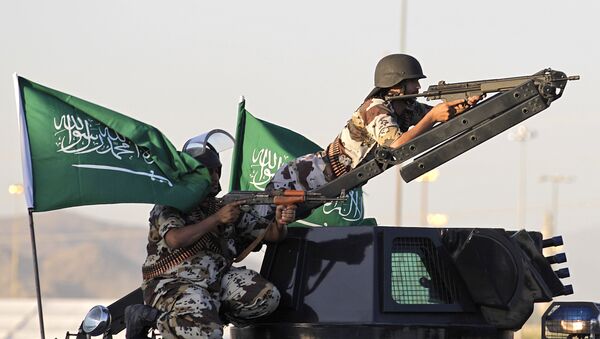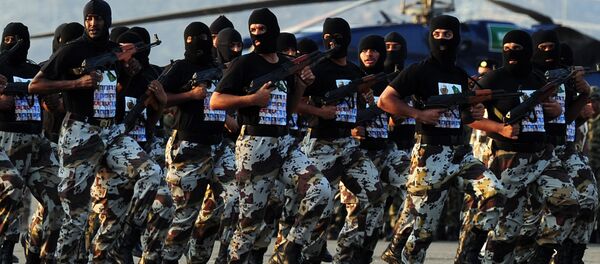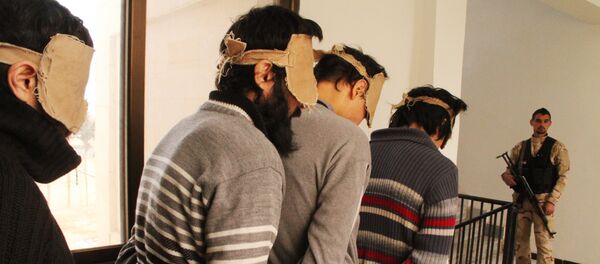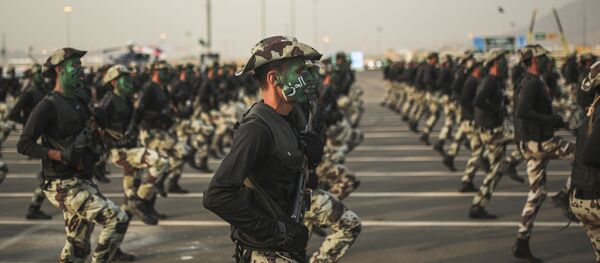Apart from the complications and weakening of its positions in Syria and Libya, the Kingdom of Saudi Arabia is now being pressured by its won internal problems, Samrani’s writes in his article.
The kingdom is also being destabilized by threats from the jihadist groups, whose rhetoric has already attracted a large number of followers. According to data recently released by the analytical center Soufan Group, 2,500 Saudis have joined the ranks of Daesh (also known as ISIL/ISIS), making the country the second largest contributor to the jihadist groups.
Due to international and regional pressure and internal destabilization, Saudi Arabia finds itself in a somewhat paradoxical position: on the one hand, it is being criticized for favoring Daesh and for propagating the Wahhabi ideology in the region, and at the same time these very jihadist groups, which it is accused of supporting, threaten the country directly.
The author offers Egypt, as an example: the country is a member of the coalition, it regards all groups connected with the Muslim Brotherhood, as terrorists. Qatar, on the other hand, does not classify al-Nusra Front, al-Qaeda affiliate in the region, as the one. Saudi Arabia itself regards Iran and its allies as tis number one enemy.
Creation of the coalition of the Muslim countries, predominantly Sunni, to fight against the Islam pathology which is drawing its strength from the marginalization of the Sunni communities, appears to be the only solution to defeating Daesh.
However with the lack of a common vision, no foreseeing ease in relations between Riyadh and Tehran and no trace of a political solution in Syria and Iraq, which would include the Sunnis, it is difficult to foresee how this coalition could effectively participate in the fight against terrorism.





